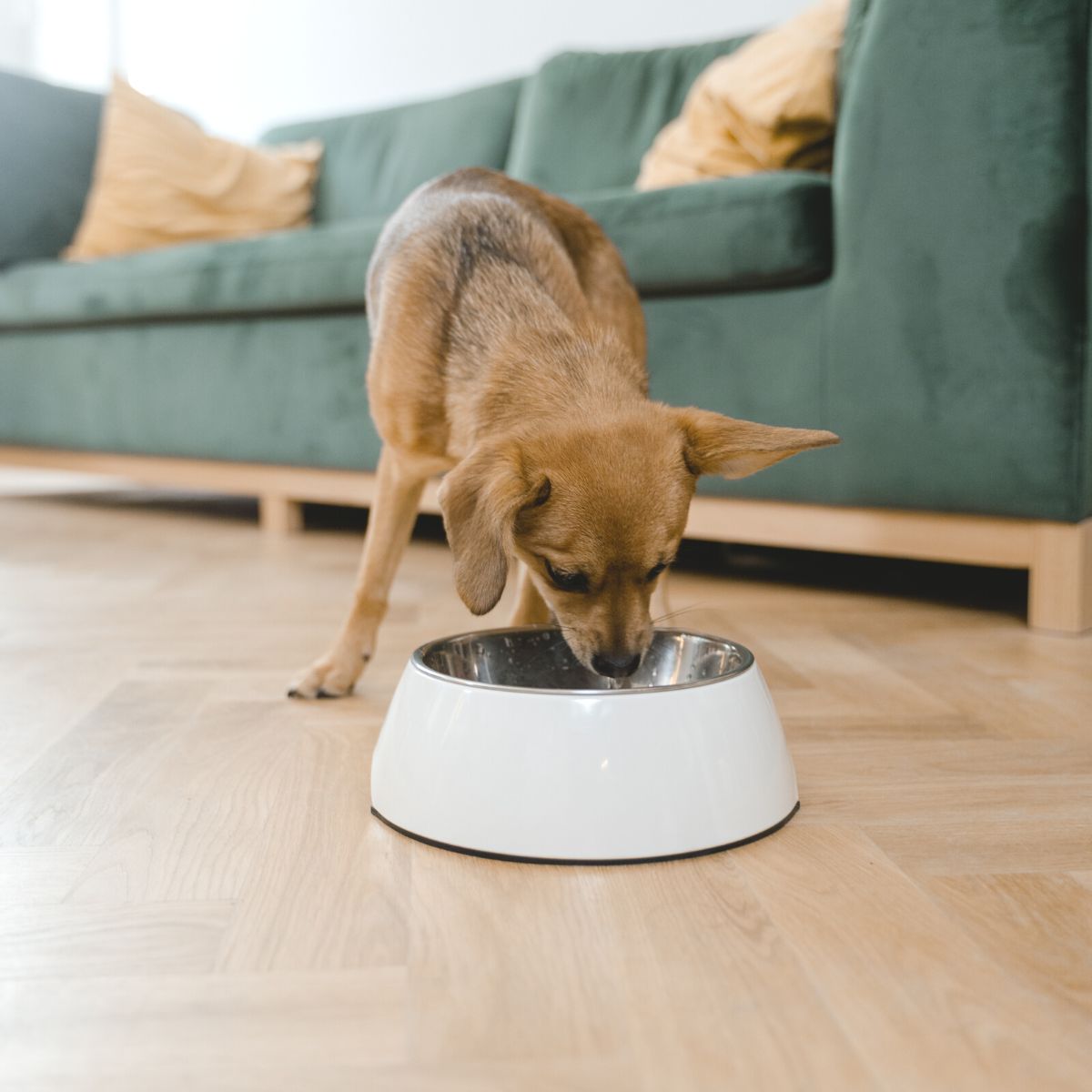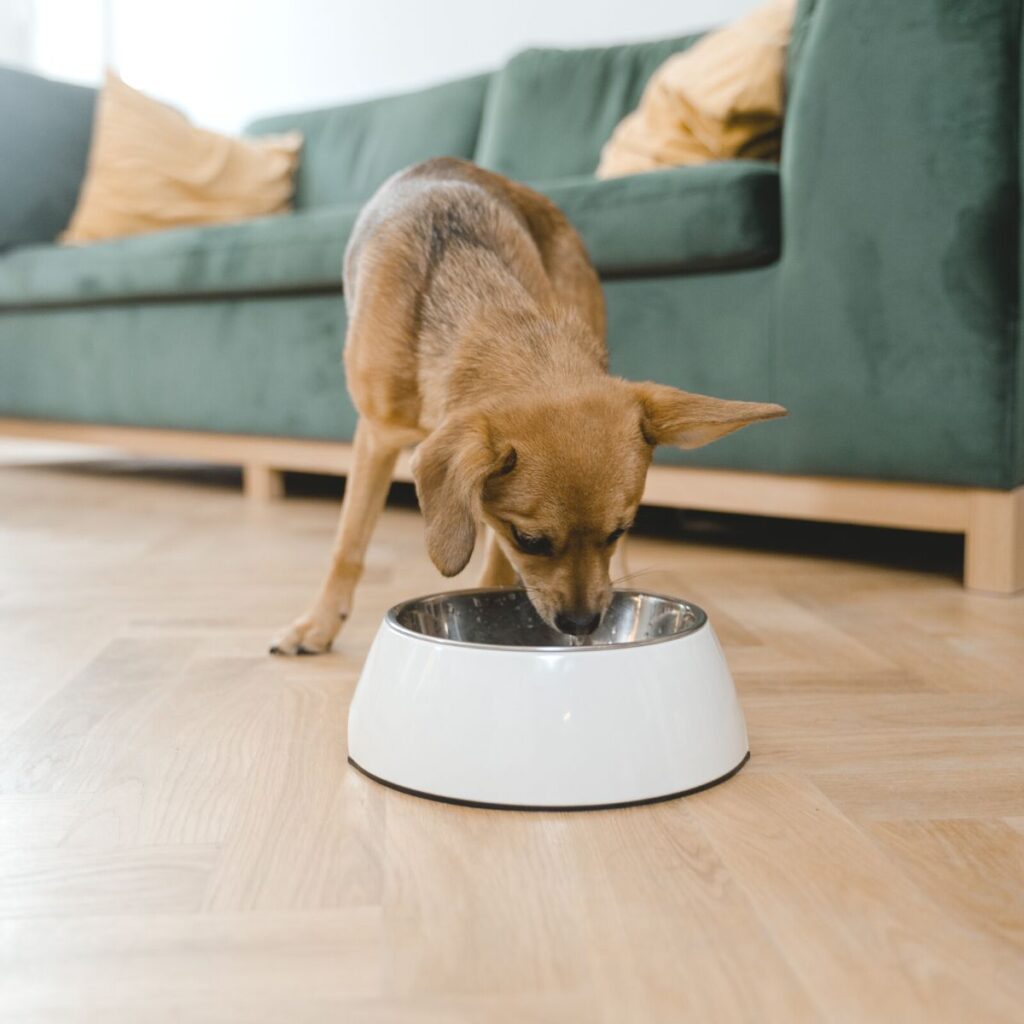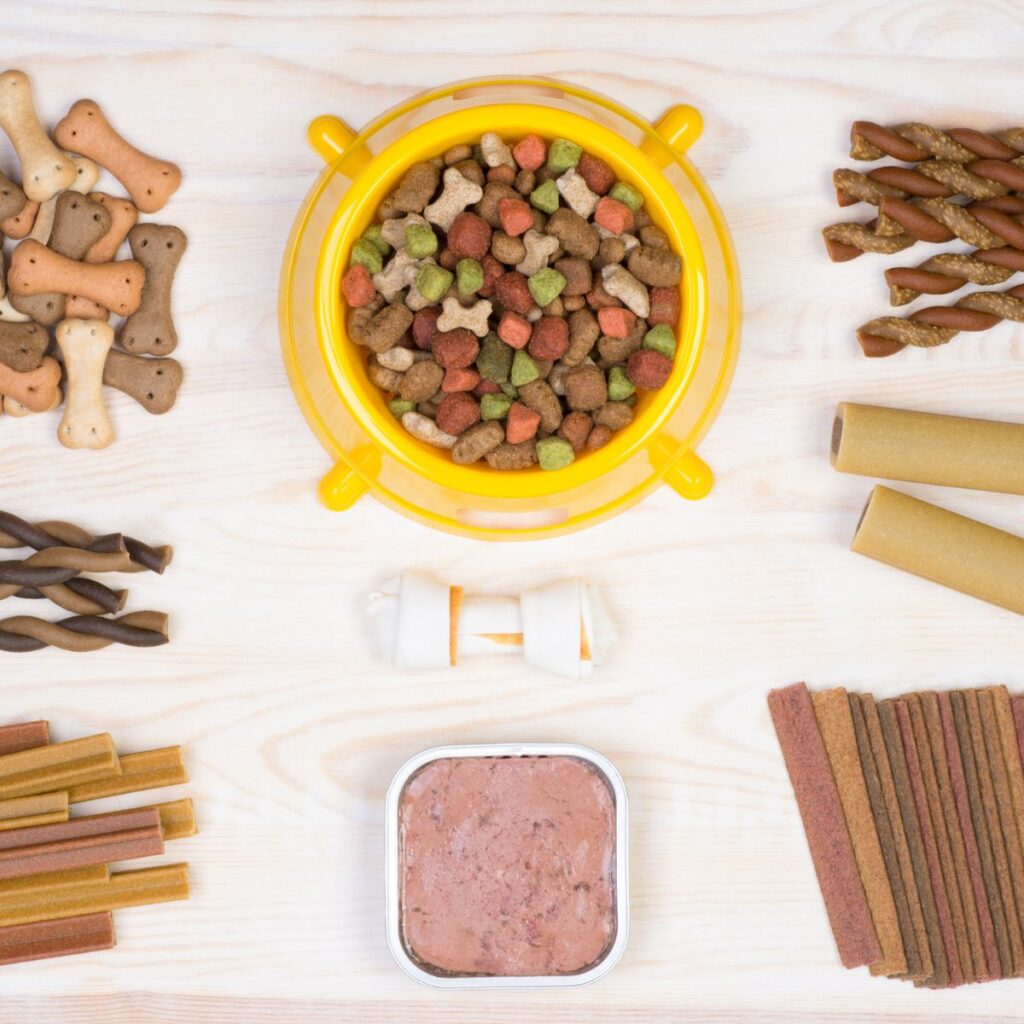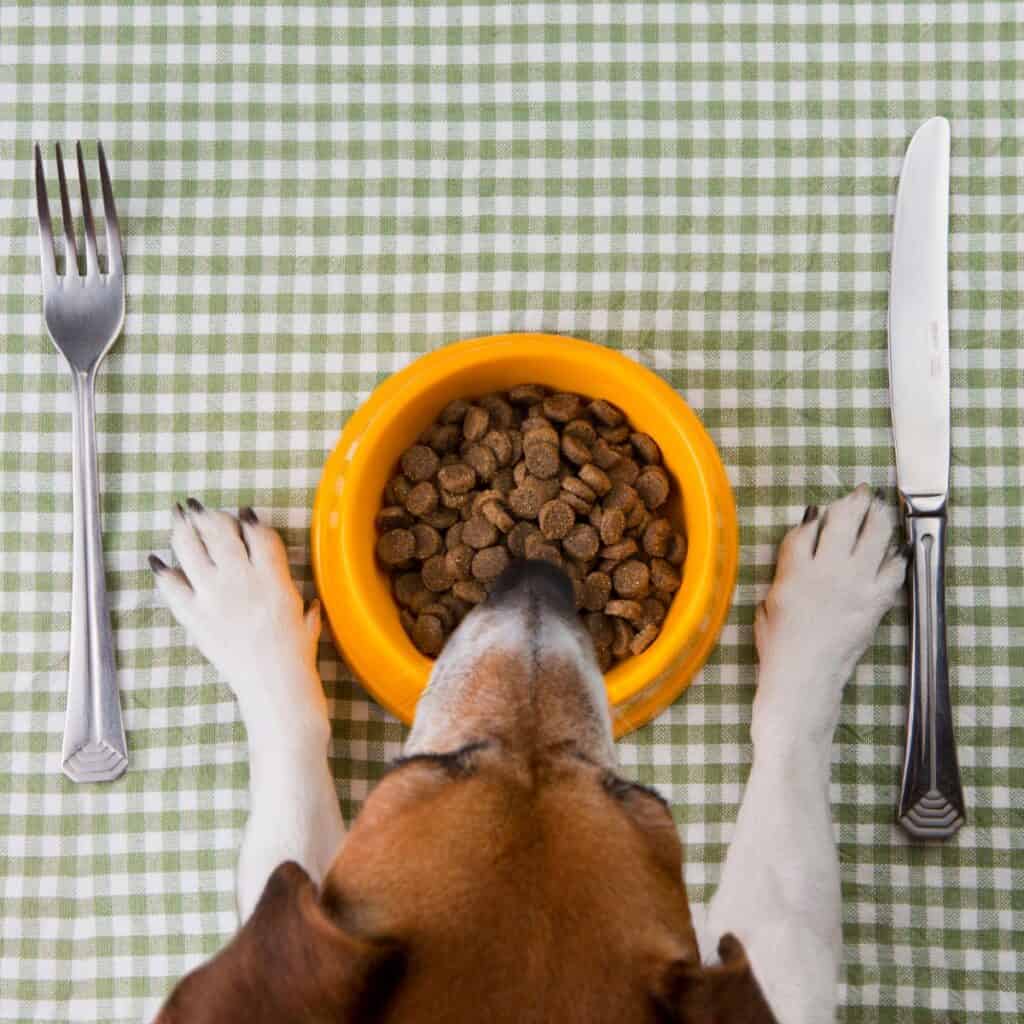Is your older small dog missing a few teeth? Looking for the best dog food for older small dogs with few teeth?

Well, missing teeth and dental issues are extremely prevalent in small dogs and senior dogs and few teeth can lead to limited options in terms of what you feed your older small dog. It can be difficult to have an older small dog with few teeth but to maintain their nutrition it is important to understand what best to feed them.
Fortunately, there are ways to ensure your older small dog eats well and stays healthy. Learn how you can meet the dietary needs of your toothless small dog.
Dog food tips for older small dogs
Dogs can experience a decline in their overall dental health as they enter their golden years. When it comes to feeding an older small dog with no teeth, thoughtful preparation and patient care are important. Older small dogs that lose a few of their teeth find it tough to chew hard food. Also, they might experience digestive problems if they eat foods high in fat or fiber (see our article on Best Senior Dog Food Diet).

Feeding tips for older small dogs:
- Feed Fresh Food
- Fresh food is soft, easier to eat for dogs with no teeth, and it contains more moisture than dry, processed kibble. Thus, soft fresh food also helps to keep your dog’s body hydrated.
- Fresh foods have easily-digestible nutrients and healthy fats that help maintain their body health. Home-cooked meat that is lightly cooked provides digestible protein for your dog’s aging body.
- It’s common for older small dogs to gain weight due to low metabolism and less physical activity. Also, some older small dogs might be prone to losing weight. Fresh food makes it easy to adjust your dog’s daily calorie intake based on how they’re changing over time.
- Feed Softer Foods
- Softer foods are also easier to digest
- Softer foods are easier to manage with any teeth issues

- Feed foods that meet the health needs of your senior dog.
- There is currently no regulated “senior dog food” which seems appropriate since senior dogs have diverse nutritional needs, some are overweight, some are underweight and some have heart issues whereas some do not to name a few.
- Find a food that meets the needs of your senior dog’s health.
- Make sure any dog food you choose offers complete and balanced nutrition for the life stage of your older small dog. Always choose fresh, healthy ingredients that are cooked gently to retain their powerful nutrients and tastes good so your senior dog will want to eat.
Wondering if your dog is a senior? Learn more: How to know if your dog is a senior and other senior dog facts
Making Dog Food Easier to Eat for Dogs with Few Teeth
One simple solution is to hydrate and soften the dog food that your older dog already loves. The additional moisture helps make dog food easier to chew and possibly to digest for senior dogs. How soft you make their food depends upon your dog’s dental condition and preference.

Offer fresh, gently cooked food to your senior small dogs. Simply boil meat, and some dog-friendly veggies and add some water to make a broth or stew. Be sure to get rid of any cooked bones before serving. Your older small dog will get the necessary nutrients without putting strain on their teeth.
Blend food in a blender with collagen boosting bone broth. This will immediately soften the food and the collagen in bone broth is supportive for aging dogs. (See our recipe here for Dog Bone Broth)
Make adjustments for the changing needs of your senior dog with few teeth. By making a few basic tweaks, you can ensure that your older small dogs get the nutrition they need.
Senior dog food that our dogs with few teeth loved
- Farmers Dog. This food met all of our criteria for a healthy senior dog food our dogs loved, most importantly it is soft and nutritionally balanced.
- Nom Nom All Life Stage Frozen Dog Food. Available in beef, turkey, pork and chicken this veterinary created clean dog food also was loved by our senior dogs. Nutritionally complete and balanced this is a great food for small older dogs with few teeth.
- Blue Buffalo Senior Chicken Dinner. This is another clean food that was soft. Our dogs liked this with a little clean Blue Buffalo kibble mixed in.
Final thoughts
Small breeds are generally more prone to having dental problems. Your small dog getting older is something that can’t be avoided and you might not have much control over those teeth issues. However, you still have control over the quality of the food you give them and the nutrients your small dog will get from it. Make your dog’s golden years as happy and healthy as possible!
Happy petting!
More Senior Dog Health Information:
5 Senior Dog Care Tips Your Dog Wishes You Knew
Older Dog With Few Teeth Feeding FAQs
There are various options for feeding your older dog with few teeth including softening food with moisture, using fresh or homemade food that is soft or buying quality canned food. Consider also that your dog treats need to be soft as well.
Yes, your dog can live quite happily with no or few teeth. You will just need to make some adjustments to how and what you feed your dog to ensure that they still can get their nutrients from quality soft dog food and treats.
Yes, even though your dog can live well without teeth dental implants are a new veterinarian technology that can be used to replace teeth in dogs. There may be some discomfort and great expense as people but it could improve the quality of your dogs life.
Looking to learn more about taking charge of your Dog’s Health? Learn about Pet Testing from The Popular Pets. Now offering pet testing for your the health of your pet and your peace of mind. Learn more about pet testing options.
You may also be interested in the Ultimate Guide to Heartworm
Diatomaceous Earth for Dogs and Cats FAQ
Diatomaceous earth is great for dogs and is safe to ingest and put on their skin, sniffing diatomaceous earth is not a problem but dog owners do need to be careful that dogs do not inhale DE further. The silica in DE can be harmful to dog and cat lungs, especially pets with respiratory issues. The many benefits of DE make it a useful pet wellness tool.
Since DE is an excellent addition to food due to its ability to kill parasites, bind collagen and support a healthy coat and joints, licking DE is not only beneficial but suggested. DE is safe for dogs but dog lovers should get food grade DE to be safe.
Diatomaceous earth will not harm dogs. DE is non-toxic and actually helpful for dogs due to its many wellness attributes. Pet lovers have found many benefits to adding DE to their pet’s food to help support a healthy coat and fend off parasites and on externally to help with fleas and ticks.

